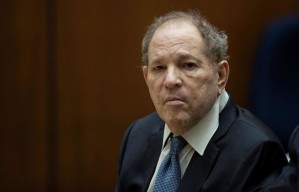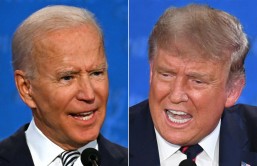Embattled Malaysia Airlines will need a major overhaul and government investment to survive after two major back to back tragedies, experts told AFP.
Malaysia Airlines was already facing financial struggle when one of its flights disappeared on March 8 after taking off from Kuala Lumpur en route to Beijing. The 239-passenger and crew flight MH370 is still missing.
Less than two weeks ago, another flight, MH17, was shot down by suspected pro-Russian separatists over conflict-ridden eastern Ukraine. All 298 people onboard were killed.
"The harrowing reality for Malaysia Airlines after MH17 is that if the government doesn't have an immediate game plan, every day that passes will continue to its self-destruction and eventual demise," Shukor Yusof, an analyst for Malaysia-based aviation consultancy Endau Analytics, told AFP.
The airline was already suffering financial losses of nearly $2 million a day, Yusof said before predicting the company can survive for about six more months.
A name change is in order too. Though on the surface the two disasters are coincidences, for customers perception is everything. A significant amount of flights were canceled after the downing of MH17, costing Malaysia Airlines millions, AFP reported. The same happened after MH370 vanished.
"Unfortunately for Malaysia Airlines, potential international customers are now going to link the brand to tragedy," Jonathan Galaviz, from the travel and tourism consultancy Global Market Advisors, told AFP.
Malaysia Airlines is not the first to attempt to revamp itself after major disasters. In 1997, Garuda Indonesia suffered a crash on Sumatra island that killed 234 people. That was followed by the murder of a top human rights activist during a flight in 2004. But the airline survived after it hired a former banker named Emirsyah Satar in 2005 to help with the turn around, AFP reported.
Malaysia Airlines believes it too will bounce back.
"There are several options on the table but all involve creating an airline fit for purpose in what is a new era for us, and other airlines," Hugh Dunleavy, the airline's commercial director, wrote in the Sunday Telegraph.
"With the unwavering support we have received from the Malaysian government, we are confident of our recovery, whatever the shape of the airline in future."








